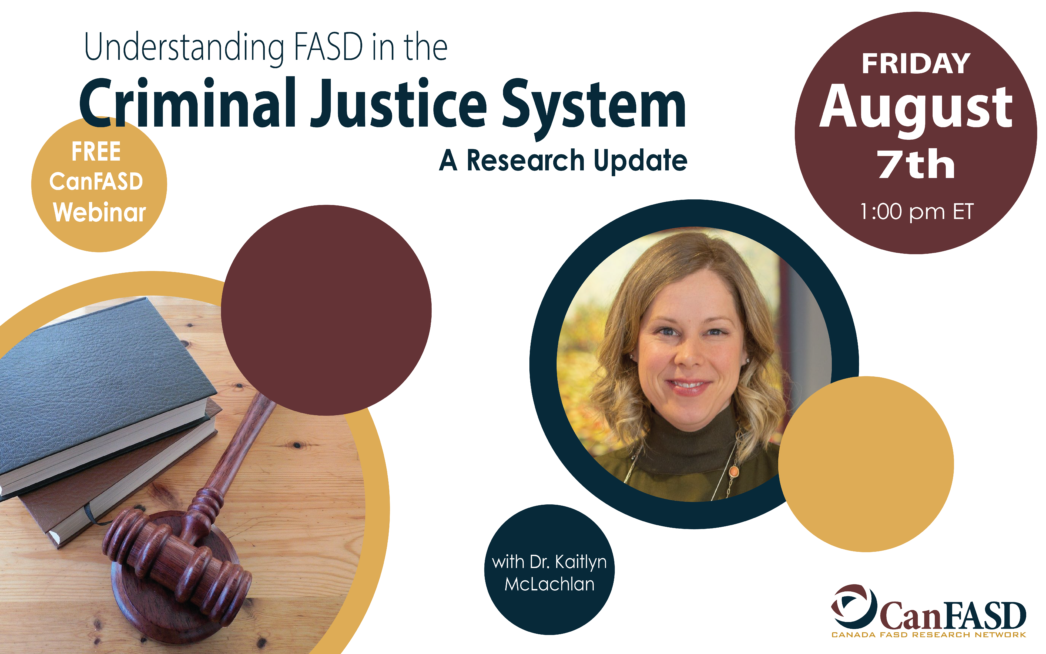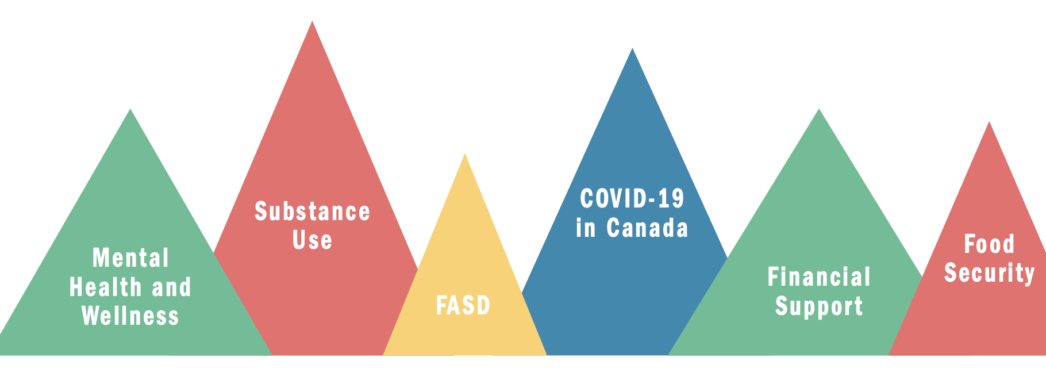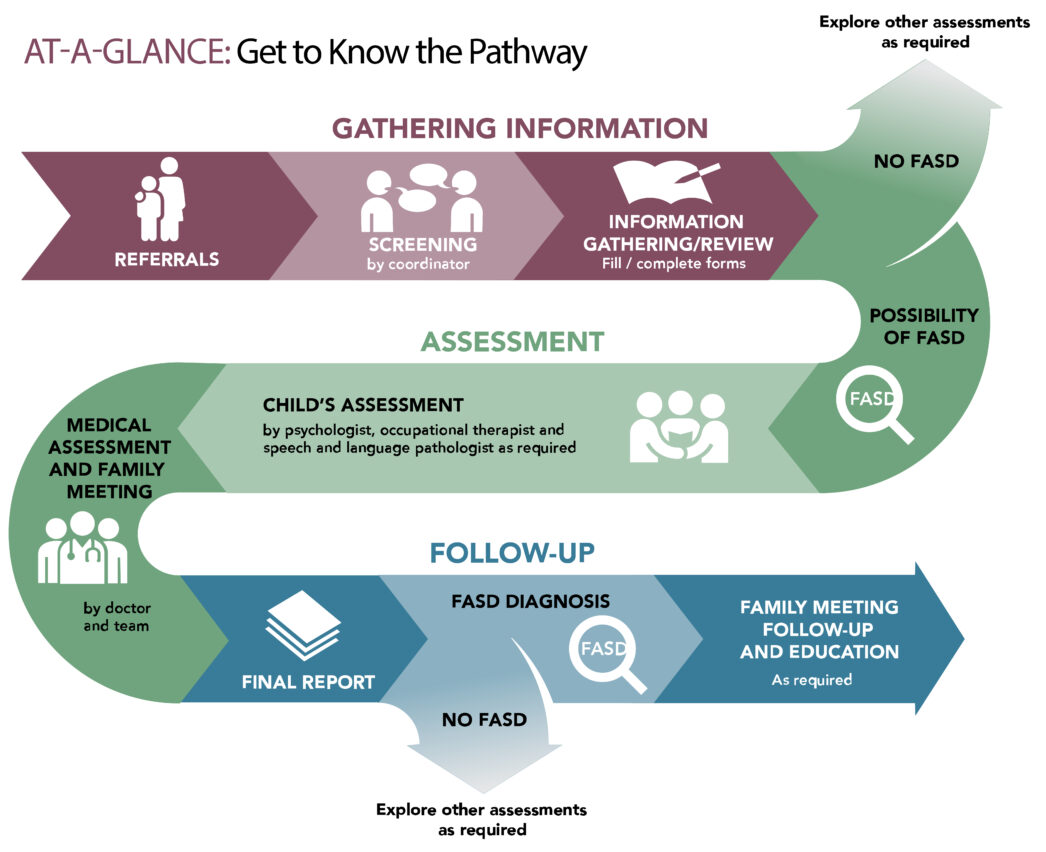One day is not enough. Like many of you, we recognize September as FASD Month and encourage all our followers to continue to work towards increased awareness of FASD throughout FASD Month and beyond.
New Webinar: Understanding FASD in the Criminal Justice System
Register now for our webinar Understanding FASD in the Criminal Justice System: A Research Update! Dr. Kaitlyn McLachlan, along with two student researchers, will be presenting an overview of the recent research on FASD and criminal justice in Canada.
Alcohol warning labels to be mandatory in Australia and New Zealand
On July 17th, 2020 Food Ministers in Australia and New Zealand approved the health warning labels that are to be mandatory on alcohol containers. It is safest not to drink alcohol during pregnancy. These warning labels will remind consumers of this fact.
The Fetal Alcohol Spectrum Disorder (FASD) Patient Journey Project
By engaging persons with lived experience, we were able to identify and inform service enhancement opportunities in FASD awareness, FASD assessment and diagnosis, FASD care planning and transitions, community-based FASD services and supports, addiction and mental health services, housing support services, education services, and correctional services.
Issue Paper: Fetal Alcohol Spectrum Disorder and Adversity
The combination of this brain-based stress sensitivity along with chronic adverse experiences can create significant challenges for individuals with FASD and their families, warranting special consideration and support.
Drinking and baby-making don’t mix
We are super excited to let you know that our ThinkFASD campaign has launched! This national social media campaign is focused on educating Canadians about the risks of alcohol and pregnancy.
Alcohol, pregnancy and your mental health during COVID-19
Awareness and support are important to prevent FASD. We’ve created a new two-page handout that talks about alcohol, pregnancy, and mental health during COVID-19. We are asking women and partners to reduce their risk of FASD by going alcohol free if they are pregnant or trying to get pregnant. If they are not trying to get pregnant, we are reminding women that it is important to use reliable contraception.
Your Guide to FASD Assessment in Manitoba
The Manitoba FASD Network recently released a new website to help guide people living in Manitoba through the FASD assessment process.
Keep your Canada Day celebrations safe and healthy in 2020
Canada Day is just around the corner! With COVID-19 still a major health concern, the celebrations are going to be a little different this year. Here are some tips for how to keep your celebrations safe and healthy.
New Webinar: Loss, Grief, and FASD
Register now for our newest webinar presentation on Friday July 10, 2020 at 1:00pm EST. Dr. Dorothy Badry, CanFASD’s Child Welfare Research Lead, will be discussing loss, grief, and resilience in relation to FASD along with members from the CanFASD Family Advisory Committee and the FASD community.









